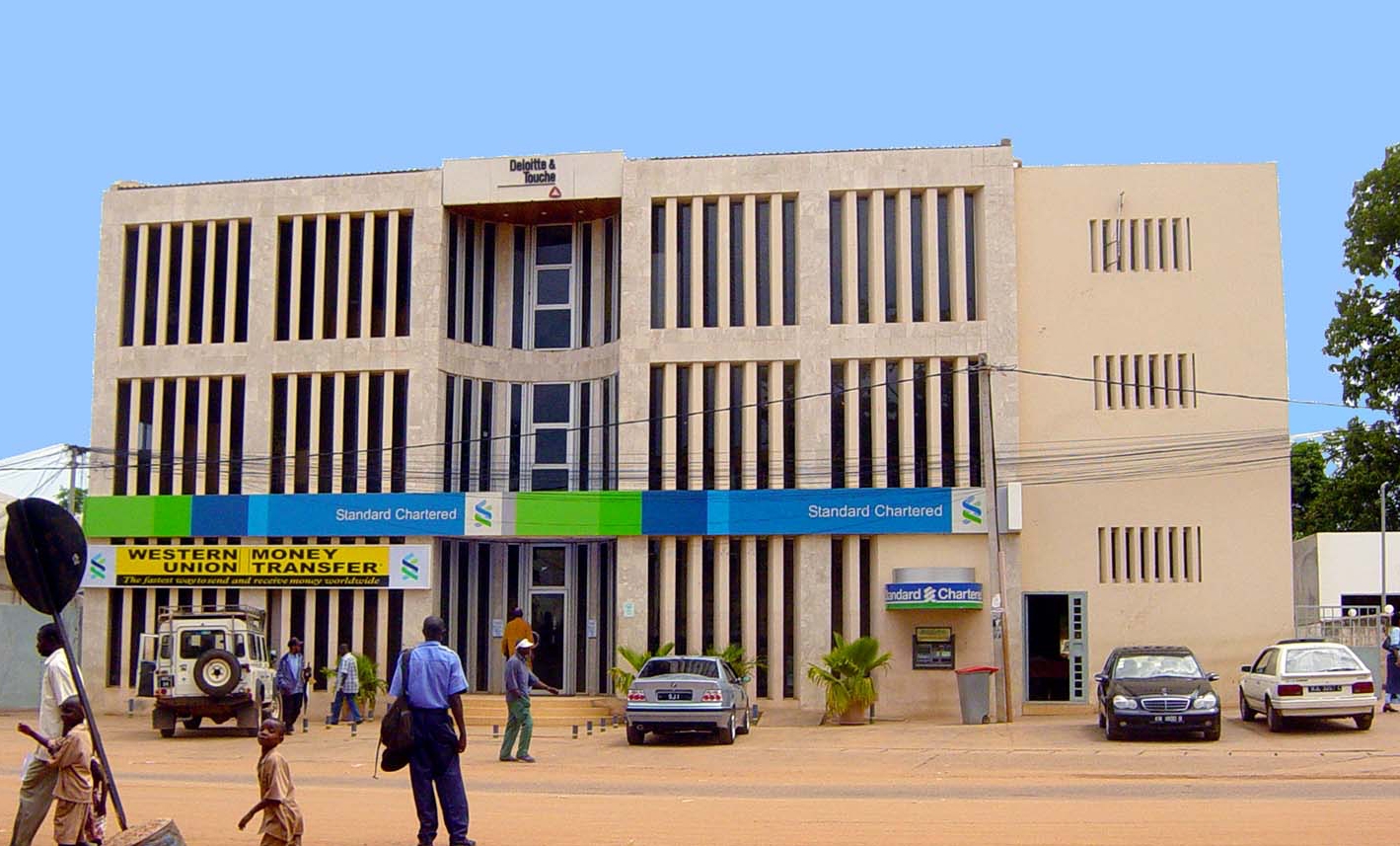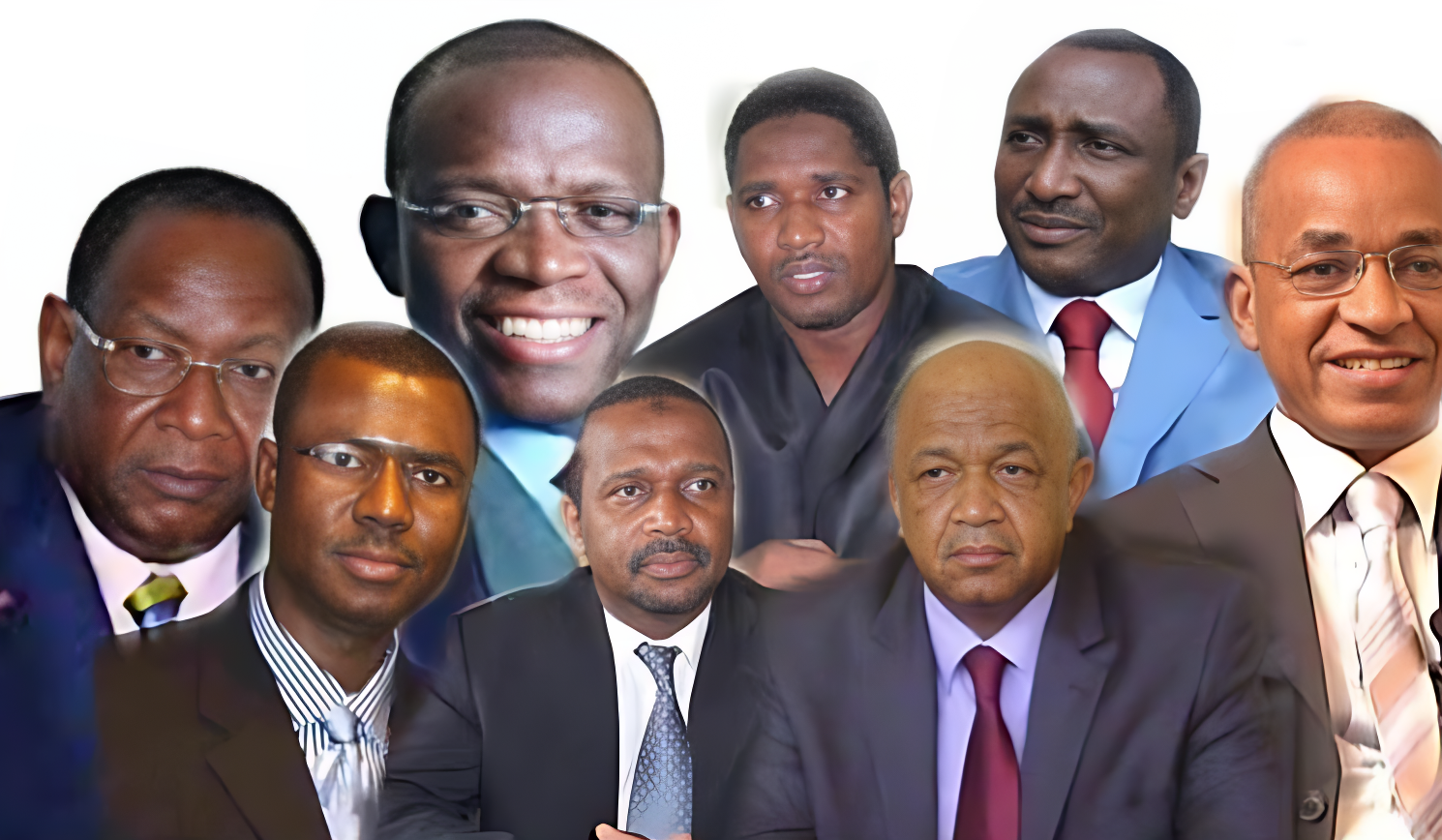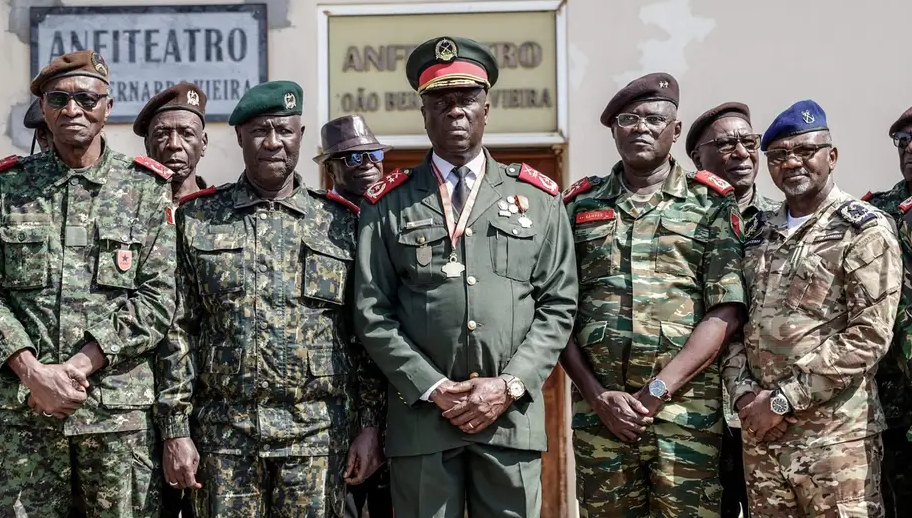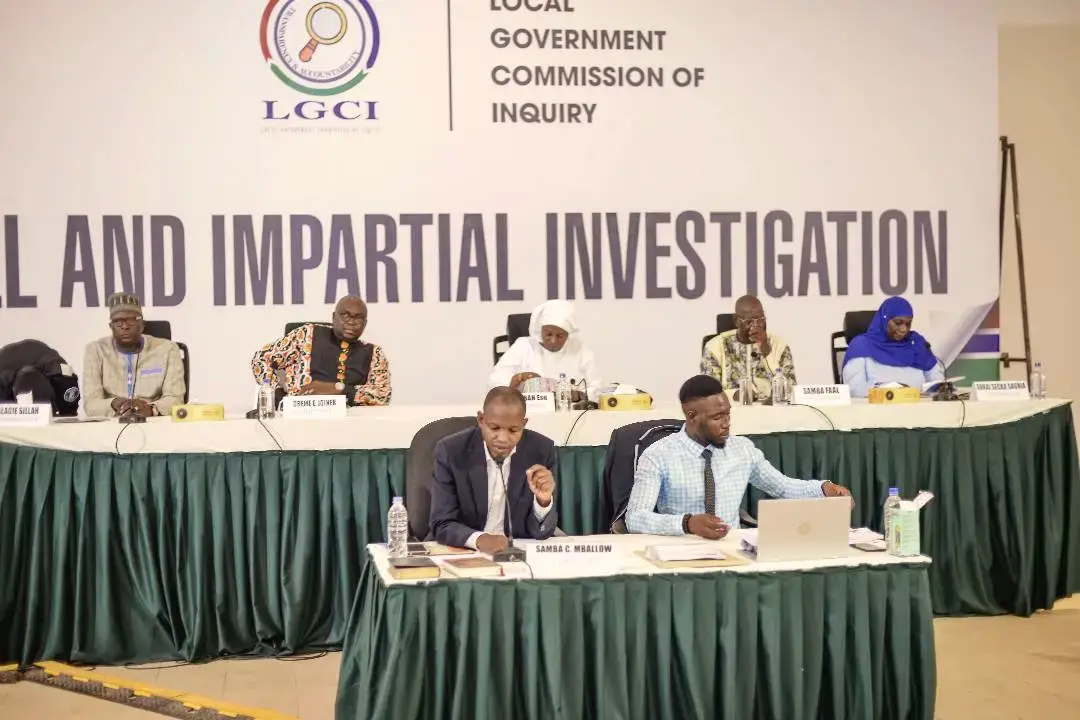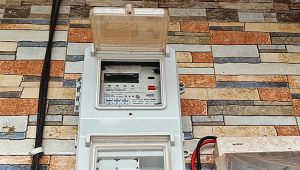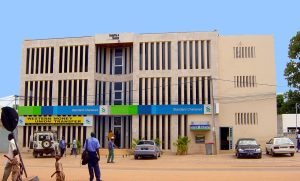Gambiaj.com – (Serrekunda, The Gambia) – Allegations of corruption within United Democratic Party (UDP)-led local councils jammed discussions on West Coast Radio’s “Coffee Time with Peter Gomez” this morning, featuring an interview with the Minister of Information, Media, and Broadcasting Services, Dr. Ismaila Ceesay.
The segment began with a listener’s pointed message to “Uncle Peter,” urging the UDP to actively address corrupt practices within their councils and to “lead by example.”
Dr. Ismaila Ceesay, visibly impassioned, echoed this sentiment, stating, “It baffles me, and I’m gobsmacked that the UDP is silent when it comes to revelations of corrupt practices in UDP-led councils. But they are very quickly eager to go after the government whenever there are accusations against them.”
Gomez reminded listeners of the UDP’s initial dismissal of the local government commission of inquiry as a “witch hunt” targeting individuals like Talib Bensouda and Rohey Malick Lowe.
Dr. Ismaila Ceesay firmly countered this narrative, asserting, “Everybody agrees with me that the councils need reforms, and you cannot do these reforms without knowing exactly what’s happening, both administratively and also at the fiscal level. And the commission of inquiry will just do that to help us understand what’s happening, the gaps, the weaknesses, and even also the strengths, and help us reform them so that they can serve the public.”
The conversation then shifted to a statement from the Public Service Ministry regarding the cessation of salaries for “ghost or absentee workers.”
Gomez highlighted that while the initial report mentioned 1,424 such individuals, his information indicated an additional 697 personnel from security and other ministries also had their April salaries withheld pending proof of existence—totaling over 2,000 individuals.
Minister Ceesay initially stated he lacked this specific information but, upon receiving the details from Gomez, acknowledged the additional 697 cases. He framed this development positively, stating, “That is good news. So that shows that the government is doing what it can to ensure that we reform what we think was a gap in the system that’s being abused. So I think this is good news.”
Finally, the discussion addressed a recent meeting between the National People’s Party (NPP) and its allies held at the State House. A listener questioned the appropriateness of hosting a political gathering at the State House, suggesting it should remain neutral ground for all Gambians.
Minister Ceesay defended the decision, arguing, “The State House is the home of the presidency; it’s the seat of government. I think the president can have political meetings at the state house… The president can decide to have a meeting. So if the NPP is going to meet, the best place to meet is where the president decides. That is for him where it’s more appropriate.”
Gomez countered this by referencing the NPP’s boasts of having “state-of-the-art political bureaus all over the place,” implying these would be more suitable venues for party meetings. However, Minister Ceesay maintained the president’s prerogative to convene meetings at the State House.
The “Coffee Time” discussion underscored growing public concern regarding alleged corruption at the local council level and highlighted the government’s efforts to address issues of ghost workers within the civil service. The debate over the appropriateness of political meetings at the State House also ignited a discussion about the separation of party affairs from the functions of the state. These issues are likely to continue to be subjects of public discourse in The Gambia.




